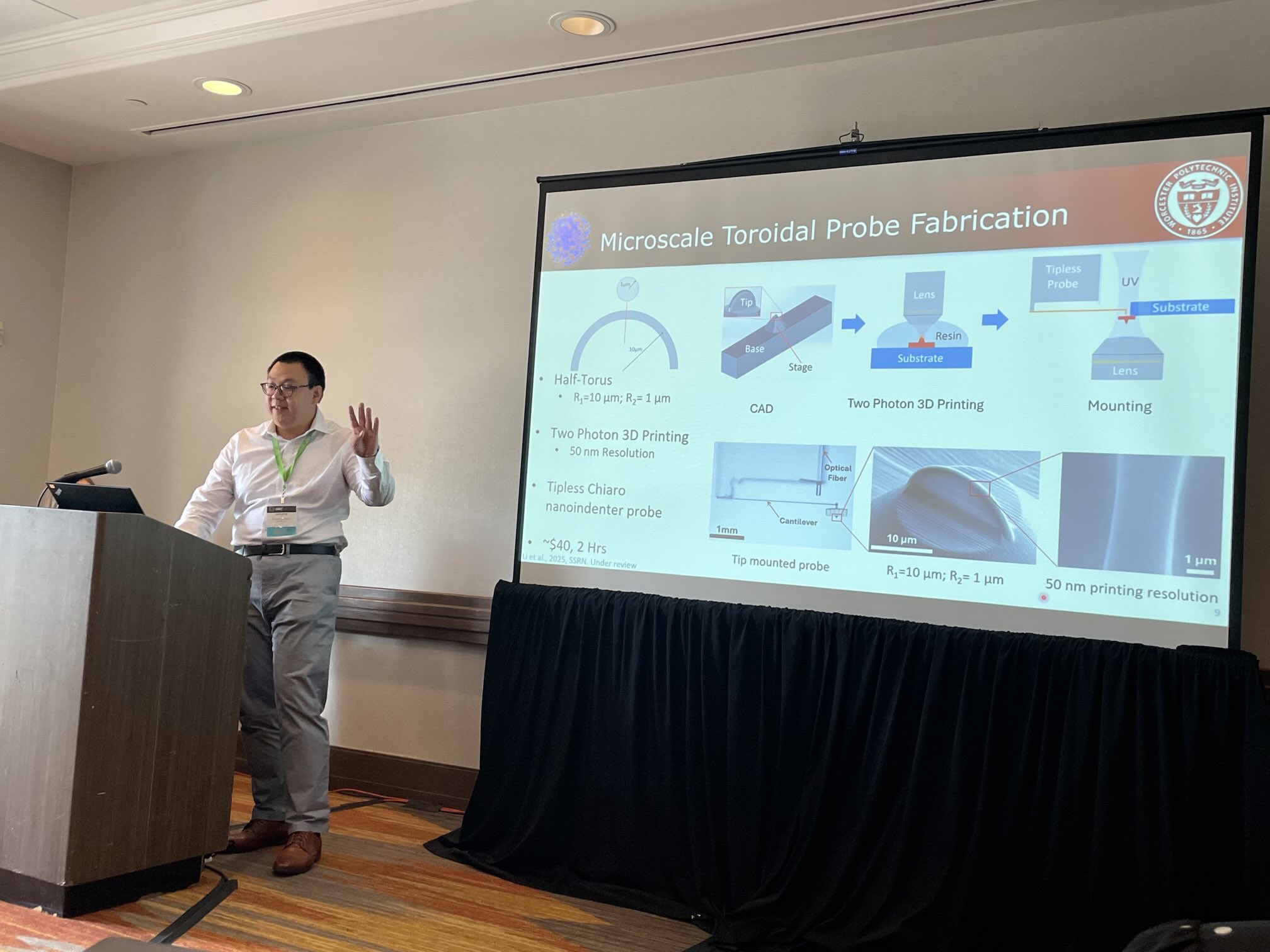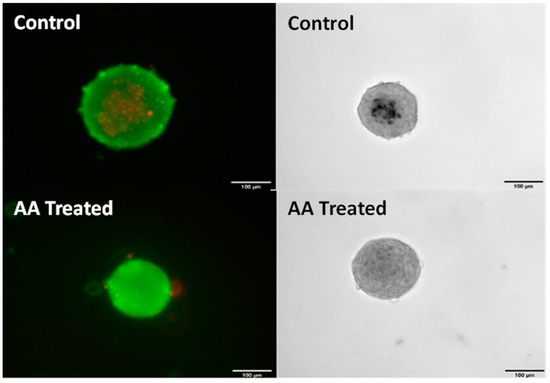Congrats to Colin, Juanyong, and Ziyang for publishing your work on measuring the mechanical properties of Apligraf nondestructively!
Colin Hiscox, Juanyong Li, Ziyang Gao, Dmitry Korkin, Cosme Furlong, Kristen Billiar, “Nondestructive Mechanical Characterization of Bioengineered Tissues by Digital Holography” ACS Biomaterials Science & Engineering (2025) doi:0.1021/acsbiomaterials.4c01503
For those without institutional access thru the DOI above, the first 50 downloads of the article are free here (till 1/15/26, then it’s open access).




